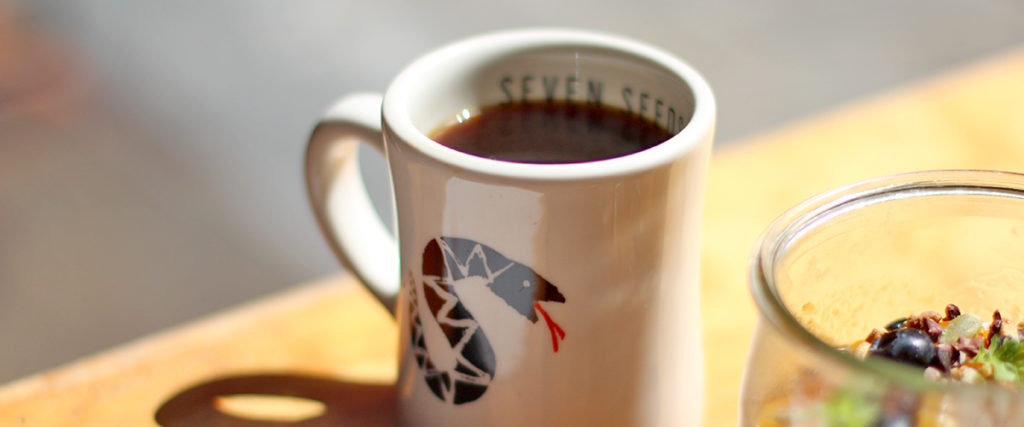Melbourne’s ‘Godfather’ of coffee, Mark Dundon, started his caffeine empire with just one streetside cafe. His mission? Simple. “To have the best coffee in the world and be humble.”
If Paris is the city of lights, then Melbourne is the city of lattes. Heavily influenced after WWII by an influx of Italian immigrants who arrived in their new adopted city with their suitcases packed with their love of espresso, it has long been seen as a pioneer of the growth in terms of scale and sophistication that everything to do with coffee and cafe culture has seen over the last 50 years. One man that has ridden that wave is Mark Dundon. Dubbed the ‘godfather’ of Melbourne’s coffee scene, he opened one of Australia’s first roasteries in 2004 and now sits on the front line of his country’s rich coffee culture with seven cafes and two roasting facilities from Melbourne to LA, not to mention his thriving coffee businesses, Seven Seeds and Paramount Coffee Project. With eighteen years specialising in everything from harvesting beans to serving hot drinks under his belt, he explained to Hive Life how we all need to wake up and smell the coffee when it comes to fair prices and sustainable origins.
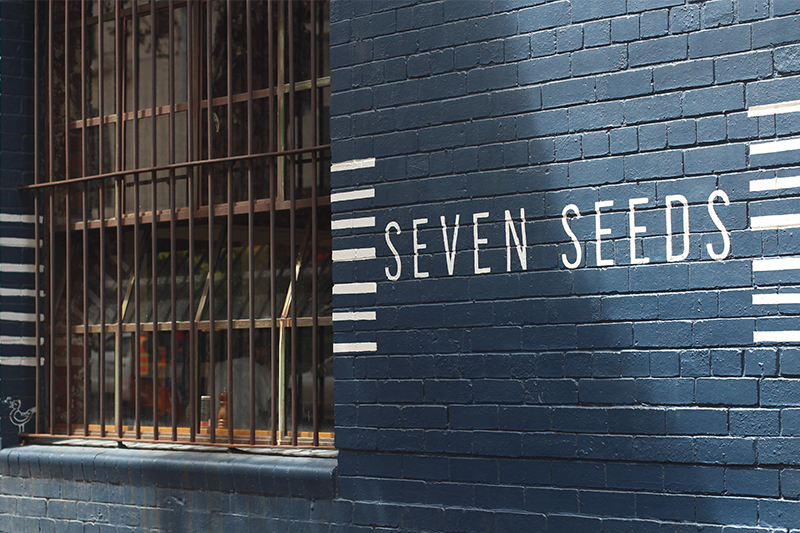
Describing his first outlet, Ray, as a “small cafe opened with a few friends in an unpopular neighbourhood”, Mark is characteristically nonchalant about laying the first brick of his coffee empire in 2001. However, it was when he began to inquire into the nature and origins of his coffee that his quaint cafe transcended into an innovative business. “It was difficult at first. The dynamic of gaining the knowledge of how to roast meant I had to go overseas to learn,” he tells us. It was clearly a journey worth taking. Travelling to the Americas in the early noughties, he returned with a deep knowledge of the processes involved in making speciality coffee and plans to build one of Australia’s first roasting houses, St ALi.
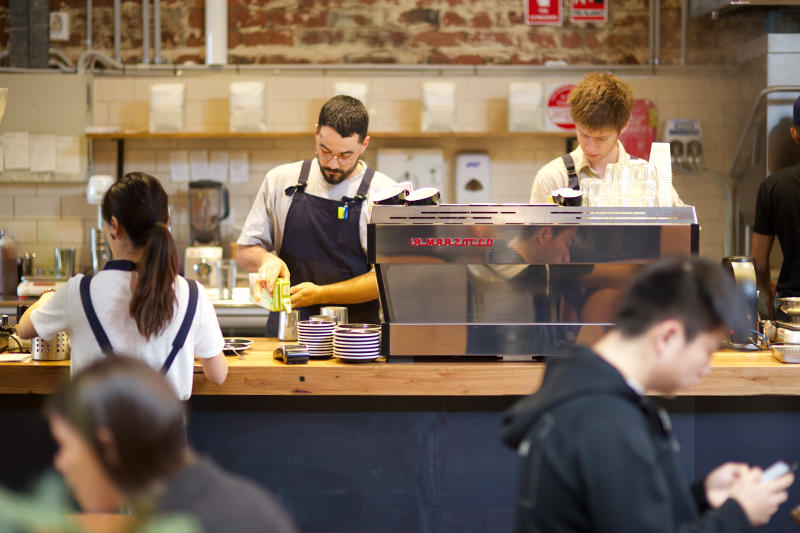
Today, Mark is perhaps best known as the face of Seven Seeds, an umbrella business selling brewing coffee online and in a collection of cafes and roasteries in both Australia and America. Drawing from his experience with St ALi, he wanted to develop Seven Seeds as a pillar of sustainability and quality in a rapidly competitive market. “Currently, I have some issues with the speciality coffee industry not supporting farmers,” he says. “Speciality terms and marketing speak have been usurped by an industry that isn’t paying proper pricing for coffee.”
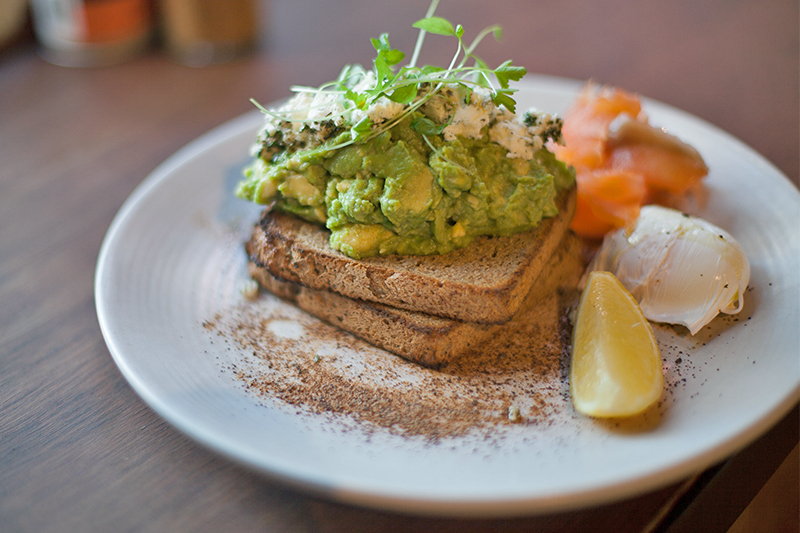
Striving to be better in an environment demanding bespoke, home-roasted coffee at no more than AUD 5 a cup, he tells us, “Seven Seeds has a long lasting relationship with our producers and we value our friends at origin. With roasters gettings smaller and buying spot coffees, the connections of coffee from origin to consumer are being completely lost. We source our coffee beans from Guatemala, Honduras, Brazil, Colombia, Peru, Ecuador, Kenya and of course, Ethiopia. We source our coffee, so we understand the product and communicate with the farmers. It’s great to be able to see what is happening from the farm level.” Happy to get not one but three long sentences out of the laid-back coffee guru, we think it’s safe to say this is something he feels strongly about.
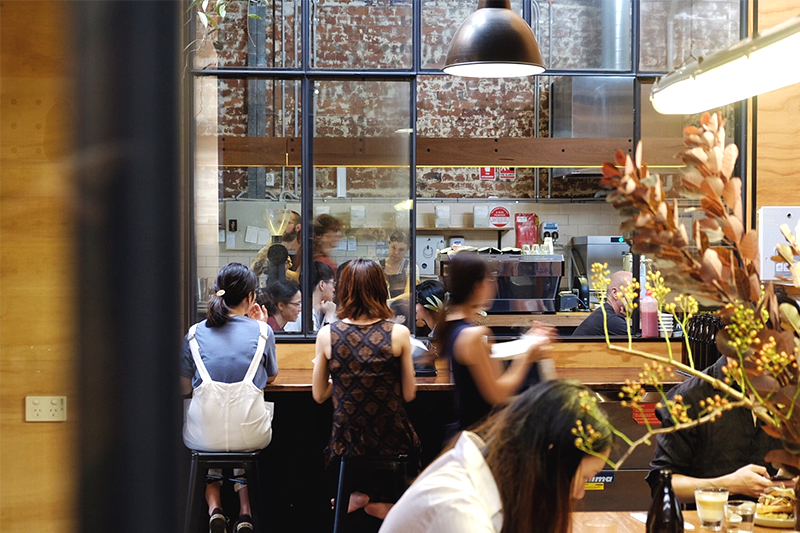
Painting a picture of Melbourne’s cafe culture as a “third-space” and “integral component of daily life”, Mark refuses to take any credit for its prevalence. “We’re lucky enough that there is such a vibrant coffee culture that has such a strong support from the public. It’s the hospitality and support of our clients that has allowed us to build such a fantastic coffee culture.” Which, at its heart, is a feelgood phenomenon – whether that’s one rooted in fostering social connections, encouraging a little me-time, or bringing a touch of quality to everyone’s everyday life. And, as he sees it, it is time that feelgood factor was seen right through to origin. “Great coffee is pretty much what makes you happy. I’m over telling people what coffee they should be drinking. If you enjoy it, that’s great. Just make sure the farmer is getting a reasonable price.”
